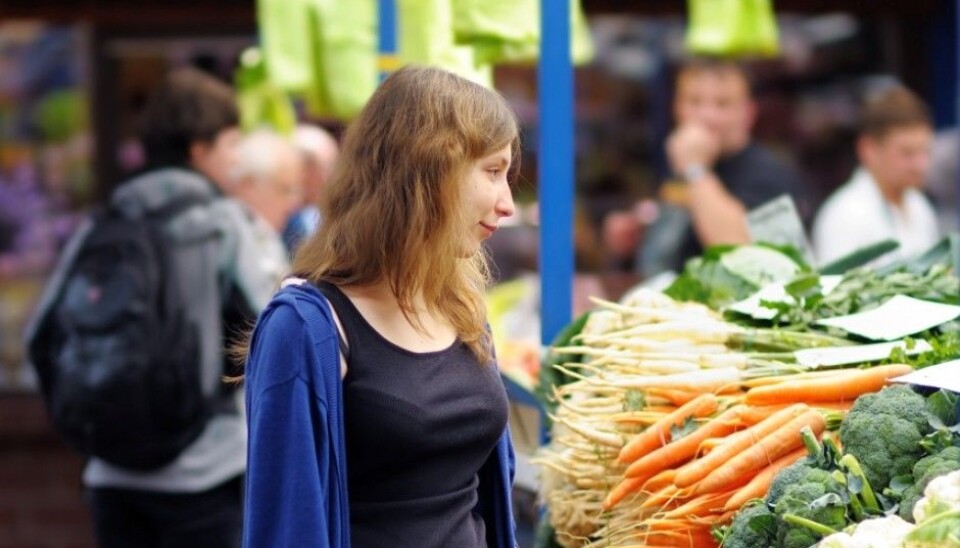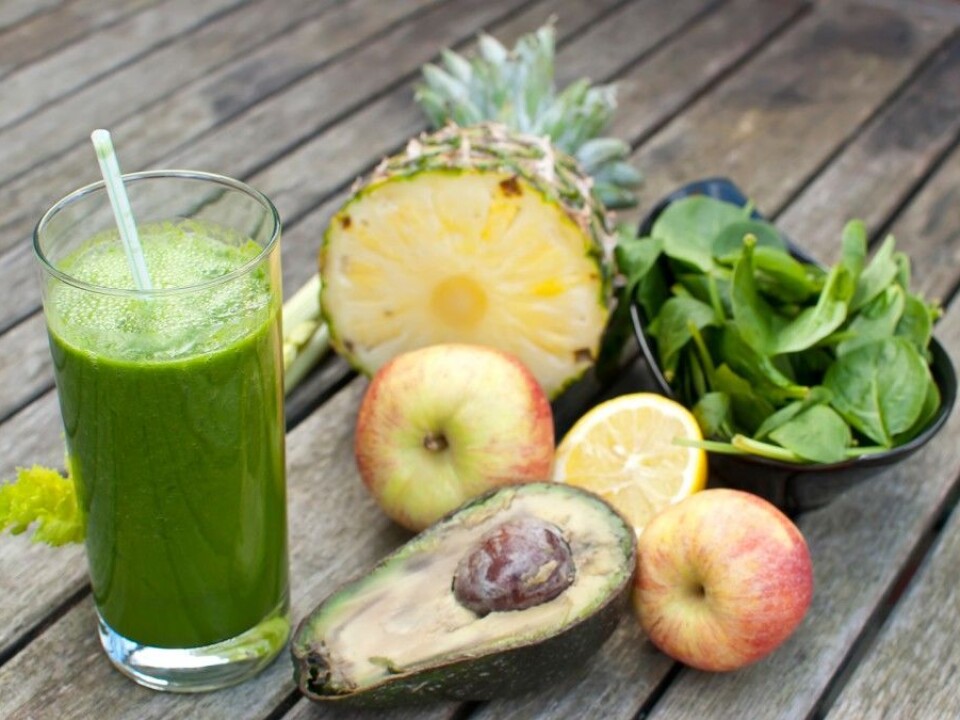
Vegans gain some and lose some
Vegans consume fewer trans fats, sugars and salt than the rest of do but a new study indicates they get insufficient quantities of vitamins and minerals. One challenge is that their bodies are naturally incapable of metabolising all the nutrients they eat.
Vegans by definition steer clear of all foods that come from animals. This entails dismissing meats and seafood, dairy products and even honey.
A lot can be said for shunning foods with an animal background. Many give priority to the welfare of animals and the need for a population of 7+ billion to have diets that our planet can sustain. A wealth of research has found that eating more vegetables and less meat, red meat in particular, is healthier and probably more environmentally friendly.
But how healthy is it to cut off all one’s alimentary ties with meat, milk and eggs? As with so many things that have their pros and cons, vegan diets can be seen from two sides.
According to a Danish study, vegans are better than others at avoiding sugars and saturated fats and they also get plenty of fibre. But they often do not get ample doses of important vitamins, including B12, A and D, as well as certain minerals.

Associate Professor Christine Henriksen at the University of Oslo is not surprised by the Danish research results.
“You need to know what you are doing if you choose a vegetarian diet, and especially a vegan diet, in order to get sufficient nutrients,” says Henriksen.
Vegans and omnivores
The Danish researchers behind the study selected 70 vegans and compared their diets with those of 1,257 omnivores – people who eat pretty much anything they like – to see which of them fared best with regard to Nordic nutritional recommendations. The participants made note of what they ate and the quantities of it in a four-day period.
Vegans generally had lower intakes of sugars. This result contradicted earlier studies indicating that sugar intake is equal among the two groups of participants.
The Danish researchers wonder whether this is because vegans eat less processed foods which have a tendency to be high in sugars.
Vegans also consume more fibre and less trans fatty acids and saturated fats.
Typical of many poor countries
As that goes, a vegan diet looks pretty good. But the Danish researchers had some bad news too:
Vegans were not getting enough of several essential vitamins, including A and B12. They were also providing themselves with insufficient iodine and selenium. Long turn this can lead to deficiency diseases.
Henriksen explained the the obvious reasons for this. B12 is only found in animal sources. Selenium is mostly gained through seafood and iodine can be obtained from dairy products.
But one result was surprising.
“What’s new in this article is the low intake of vitamin A, especially among the women. Vitamin A deficiency is a big problem in various developing countries. It’s claimed that vitamin A deficiency is not a problem here in the West, but occasionally we see cases of it at hospitals,” says Henriksen.
A lack of vitamin A is usually found in poorer countries where diets consist mainly on vegetables and little fat.
Fats needed as helpers
A green diet without fat can be a problem. The body’s capabilities for absorbing vitamins is linked to the fat content in food. Look at it this way – broccoli contains a certain amount of vitamin A, but consumption does not mean you ensured your needed dose, especially if you have little fat in your diet.
Minerals pose another problem. Even though 100 g of broccoli contains 0.6 mg of iron, our bodies are not guaranteed that amount. Our absorption of minerals is simply lower in vegetable foods.
It is easier for our bodies to take in iron from meat.
Henriksen has the following advice to help vegans get more of the vital nutrients their diet entails:
“To increase the intake of iron one can eat something rich in vitamin C. As regards ample vitamins on the dinner plate, it’s a good idea to use a wok to stir fry vegetables in a little oil.”
The oil and the heat treatment yield an intake of nutrients that surpasses what can be obtained from eating the vegetables raw.
Henriksen says that vegans and vegetarians are often dutiful about taking B12 supplements, but they forget that they need other vitamins too. She advises vegans to take multivitamins and mineral tablets from the drug store and visit their doctors regularly to get checked for iron deficiency.
Not for children
Henriksen points out that composing a well-rounded diet from vegan foods is an ardent task. She would not instruct anyone to adopt a vegan diet but recommends us all to decrease our meat dinners.
“Then you get the best of both worlds. You get the positive effect of a vegetarian diet while getting your share of the readily absorbed minerals and vitamins,” she says.
“We know that many do wish to live a vegan life out of consideration for animals, the environment and other reasons. These persons should be given nutritional guidance and also take supplemental B12, iron and vitamins A and D.”
The University of California adjunct research professor in nutrition Lindsay Allen has strongly cautioned against giving children vegan diets because they don’t get the aforementioned nutrients. She has also pointed out that not much meat is needed to satisfy our requirements. In a test it was found that children only need to tablespoons of meat a day to get their necessary doses of B12, iron and zinc.
An American study has shown that obese children become healthier after following a vegan diet with low amounts of carbohydrates.
Uncertainties
The Danish researchers write that their study doesn’t supply all the answers. One weakness they point to is that the participants themselves supplied the information about what they were eating. The accuracy of these report cards couldn’t be verified.
They add that other aspects of diets, such as how much of the food was processed and contained preservatives and other additives, also deserve consideration. But such details were not factored in.
They add that 70 persons can hardly be considered representative for the entire Danish vegan population.
-------------------------------------
Read the Norwegian version of this article at forskning.no
Translated by: Glenn Ostling
Scientific links
- N.B. Kristensen et al.: Intake of macro- and micronutrients in Danish vegans. Nutrition Journal, oktober 2015. doi: 10.1186/s12937-015-0103-3
- M. Macknin et al.: Plant-Based, No-Added-Fat or American Heart Association Diets: Impact on Cardiovascular Risk in Obese Children with Hypercholesterolemia and Their Parents. The Journal of Pediatrics, 2015. DOI: http://dx.doi.org/10.1016/j.jpeds.2014.12.










